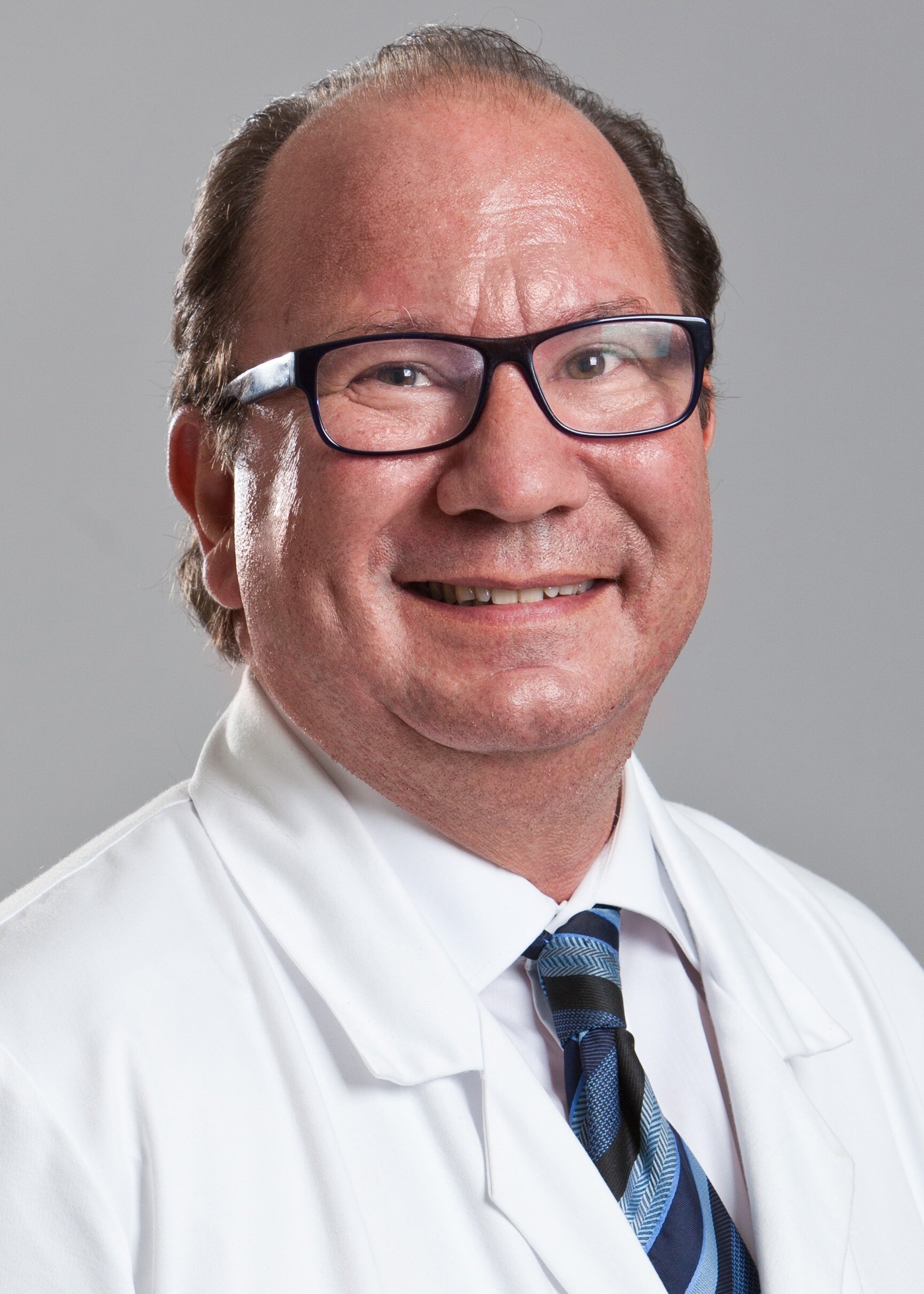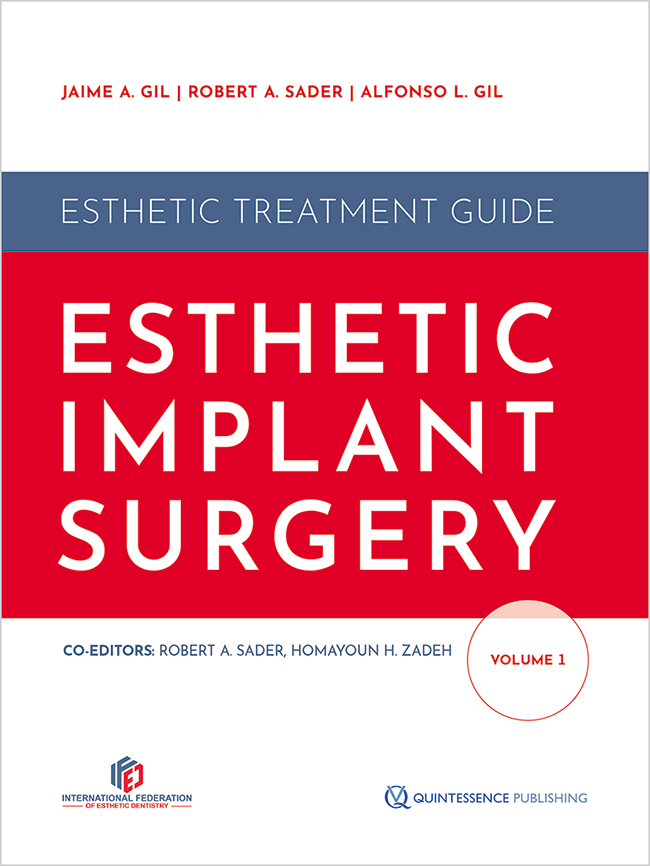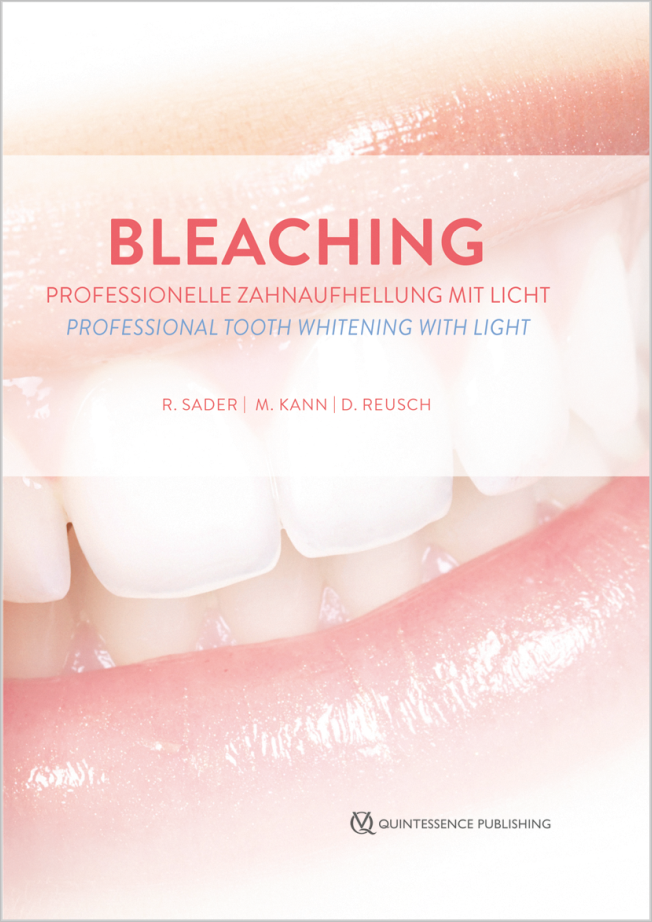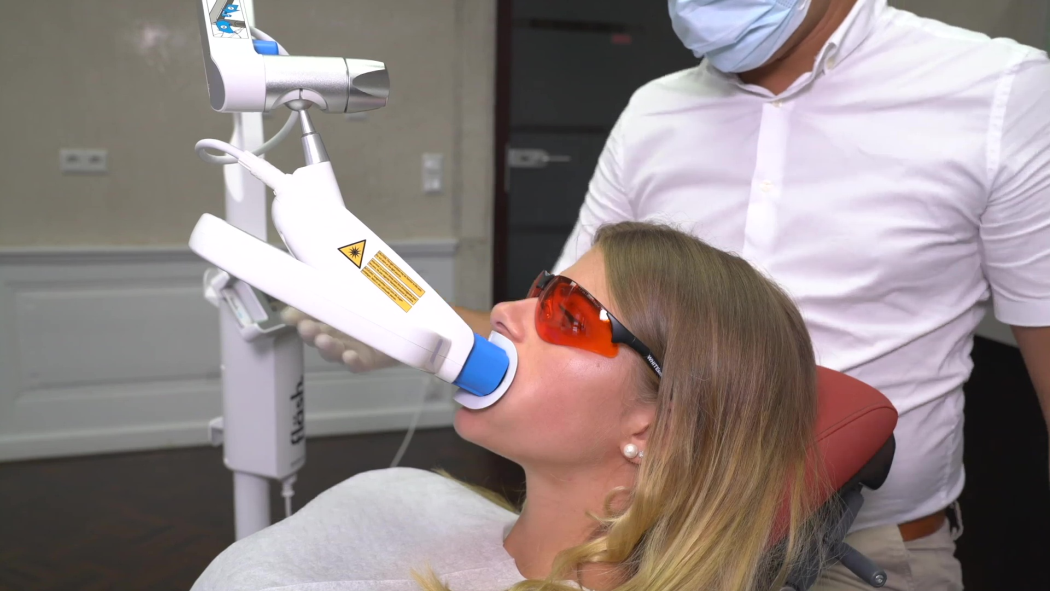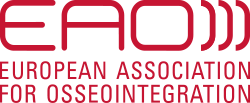We use cookies to enable the functions required for this website, such as login or a shopping cart. You can find more information in our privacy policy.
- Books
- General
- Categories
- Journals
- DVDs/eBooks/Apps
- Categories
- Events
- Categories
- Videos
- Patient information
- Patient information - most seen
- Aesthetic anterior teeth
- Conservative Dentistry
- Dental Explorer Video Edition
- Endodontics
- Esthetic Dentistry
- Fixed dentures
- Gums and supporting structures
- Implantology
- Implants
- Malocclusion
- Oral hygiene
- Periodontics
- Pregnancy & teeth
- Prosthodontics
- Removable dentures
- Restoring posterior teeth
- Root canal treatment
- Surgery
- Patient information
- Partner
- Authors
- General
- Newsletter
- More
- Quintessence
- Publishers
- Languages




